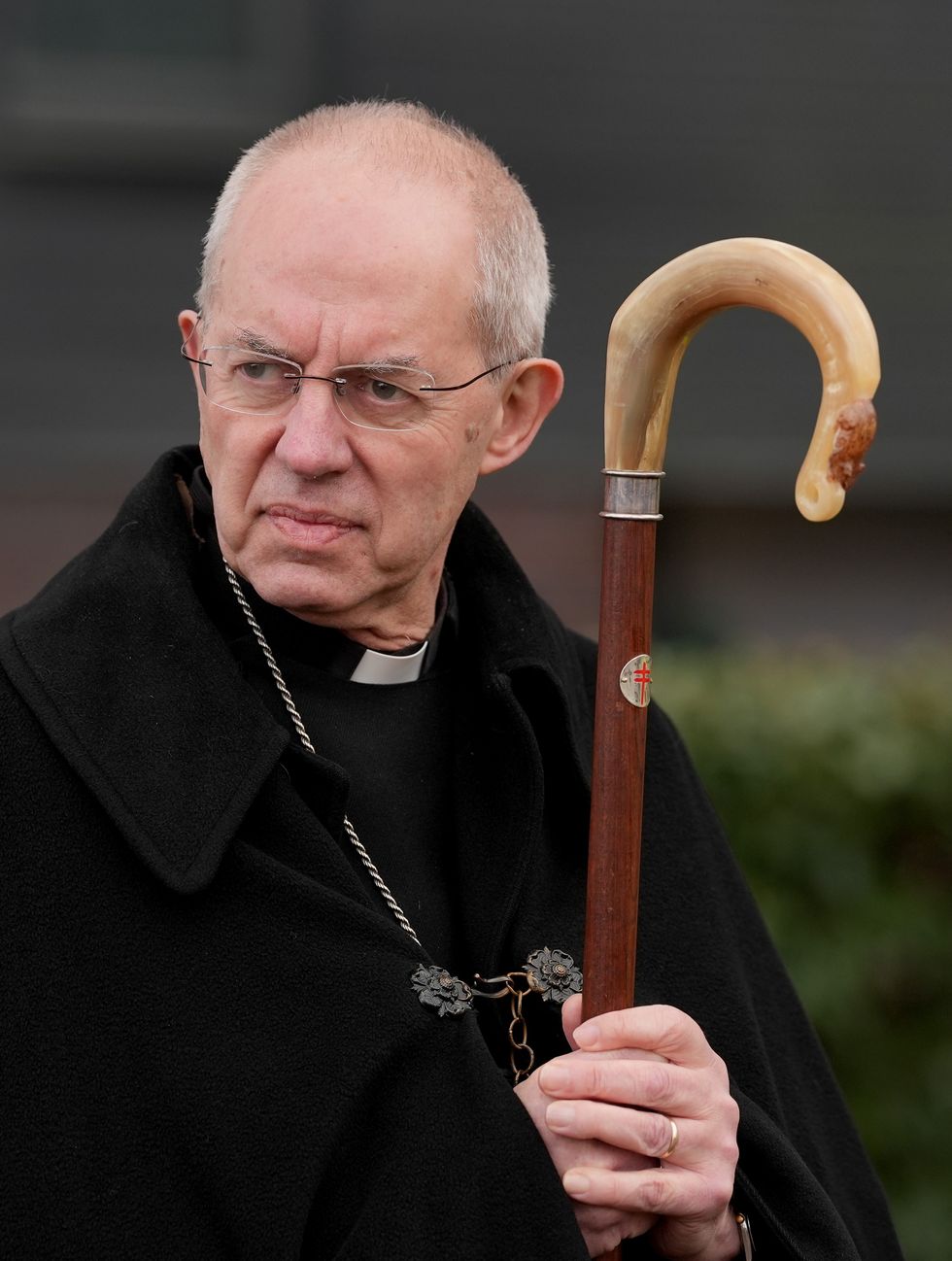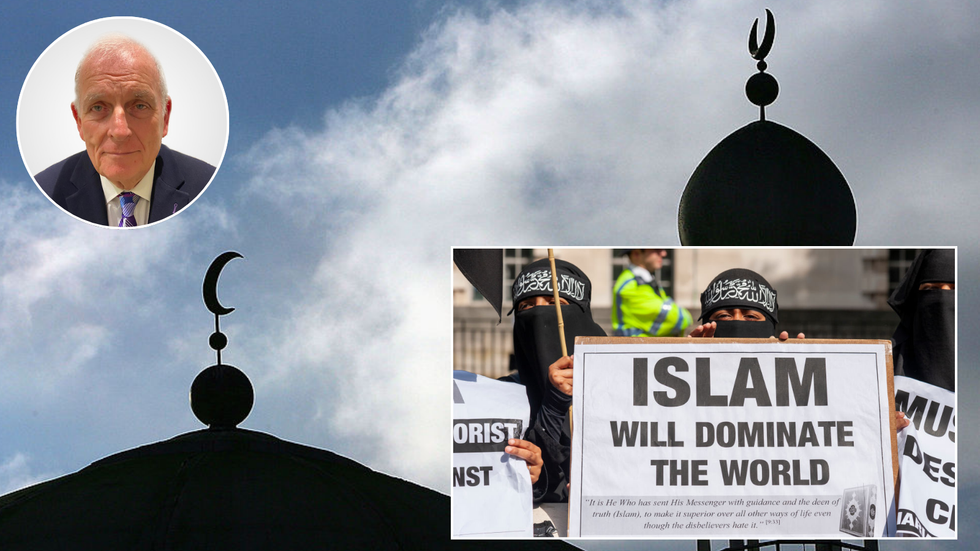As we approach Christmas, we can reflect on 2024. It has been a year which our national church, the Church of England, would perhaps rather forget.
The resignation of Justin Welby, amid a truly grotesque scandal involving the sadistic beating of boys over decades, has brought Anglicanism into disrepute.
Welby himself had to go. He surprised people by not admitting this central fact quickly enough.
He then attempted to give a witty, valedictory speech in the House of Lords, which people felt was too flippant in tone. He had misread the room.
I like Justin Welby but I cannot say his tenure as head of the Church of England has been particularly successful.
He was at the head of the institution for 11 years and had plenty of time to shape the direction of the Church of England.
I know from personal experience that people at the top of institution must bear some responsibility for what happens on their watch.
For Welby, the immensely prestigious position he held was a platform for politics. Under the Conservative government, he criticised ministers all the time and took blatantly political stances on the issue of migration, for example, where he seemed to adopt an open border position.
 Justin Welby has stepped down as the Archbishop of CanterburyPA
Justin Welby has stepped down as the Archbishop of CanterburyPAToo often he indulged in woke virtue signalling, pushing the need for the Church to pay reparations for slavery or to engage in “reconciliation” between ethnicities and faiths, as if he were a Leader of the Opposition, and not the head of the dwindling Church of England.
As Christmas draws near, it seems right to think about the role of Christianity, the Church of England and our national culture.
Today, Britain seems to many far removed from its Christian roots. The fall in parishioners of the Church of England seems to many traditional minded people to be in step with more general National decline.
This Christmas time, we read reports about the explosion of sharia courts and the increase of their totally bogus jurisdiction in Britain.
First established in the UK in 1982, there are now an astonishing 85 such courts across our country.
The appalling attack in the Christmas market in Magdeburg, formerly East Germany, shone a piercing light on the evil phenomenon which can be termed by the broad phrase ‘religious violence’.
This case was complicated by the fact that the Saudi perpetrator, a medical doctor, claimed to be an enemy of Islam, yet he grew up in a culture which too often associates religious fervour with acts of extreme violence.
The response of the Church of England to the challenge of religious violence must surely not be more woke, virtue signalling platitudes.
The Government too must wake up and tackle this threat. Our intelligence services are excellent and are constantly foiling the kind of terrorist outrage we saw in Germany last week.
But there also has to be a more robust attitude to violence and medieval attitudes, as enshrined in sharia law, where daughters cannot inherit property and men can divorce women simply by declaring “I divorce you” three times.
LATEST MEMBERSHIP OPINION:

There has a been a huge growth in sharia courts in the UK, says Kelvin MacKenzie
GB News
Luckily, for now at least, the majority of the United Kingdom does not have to live under the strictures of sharia law. We still have a country which is, if only vaguely, conscious of its Christian culture.
The royal weddings of the last few years and the coronation reminded even the most secular minded among us of the Christian roots of British history and culture.
Yet, as we celebrate Christmas, whether it be a Christian affair or a more secular occasion with the family or even on your own, we have to remember that a narrow fanatical minority are working tirelessly to cause mischief.
They believe fervently in their faith and they will not rest, as Hizb ut-Tahrir has proudly stated, till the militant flag of jihad is fluttering over 10 Downing Street.